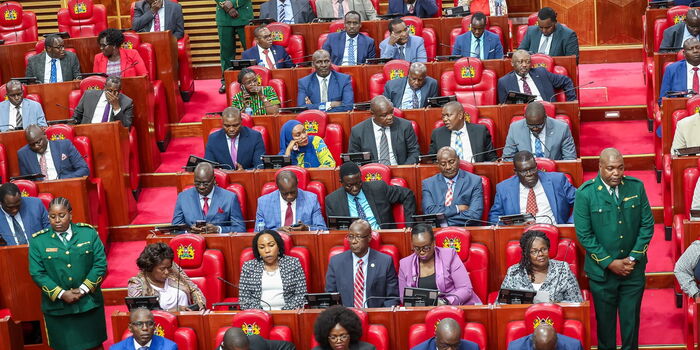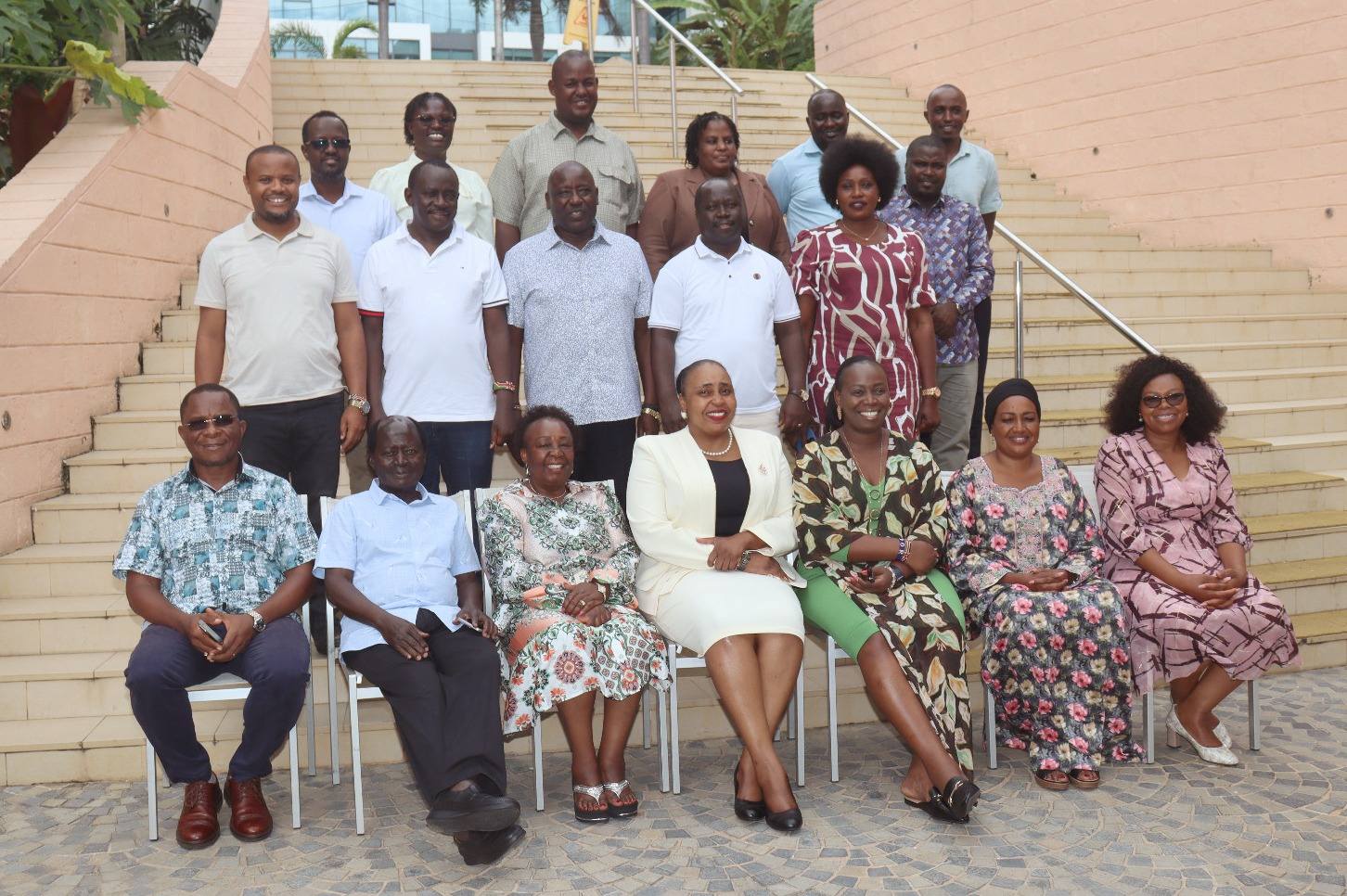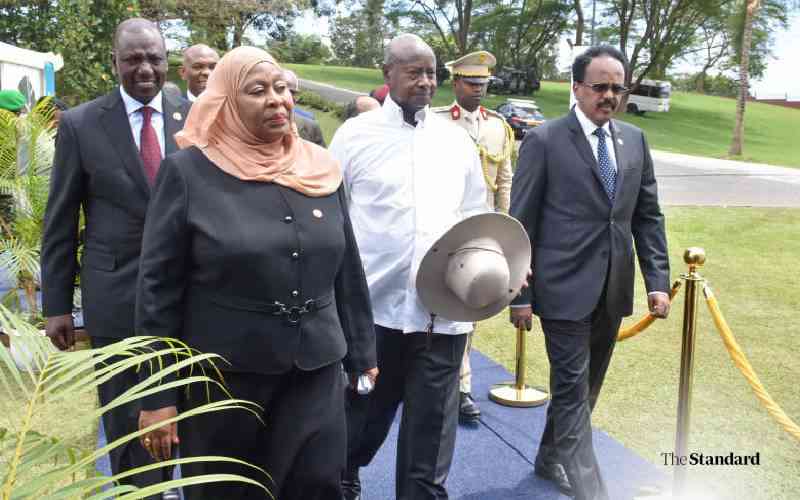Parliament raises alarm over EAC Member States' non-compliance with budget contributions | KBC Digital
Kenya’s National Assembly Committee on Regional Integration has raised serious concerns over the continued failure by several East African Community (EAC) member states to honour their financial commitments — a lapse now threatening the operations of the regional bloc, including timely staff remuneration.
In a session with the State Department for East African Community Affairs, MPs reviewed reports from the East African Legislative Assembly (EALA) and expressed frustration that, despite Kenya’s consistent contributions, the country receives disproportionately few benefits in return.
Lawmakers called for urgent reforms to the EAC’s enforcement framework, proposing that habitual defaulters face sanctions — or, in extreme cases, expulsion from the bloc.
Karachuonyo MP Okuome Adipo highlighted trade disruptions particularly affecting fishermen on Lake Victoria.
“Kenyans are facing serious challenges when it comes to fishing in Lake Victoria,” he said. “Can you guarantee seamless trade with Uganda?”
Committee Chairperson Irene Mayaka pressed for legal and policy guidance on how to navigate the growing concerns within the EAC framework.
“What is the most effective path forward under existing EAC laws and policies?” she asked.
Principal Secretary for the EAC, Dr Caroline Karugu, acknowledged the fiscal challenges facing the Community and confirmed the matter is under active review at the Summit level.
“I remain optimistic that we will find a way forward to revitalise the Community,” said Dr Karugu, adding that partner states are being encouraged to remit their 2024/25 contributions in accordance with the bloc’s financial regulations.
She also urged Parliament to address broader structural issues affecting regional trade, including taxation regimes and the ease of doing business, to attract greater investment across member states.
The Committee also expressed conditional support for a proposal allowing member states to directly fund salaries for staff seconded to EAC institutions. However, MPs stressed that meaningful reform would require amending existing treaties.
Such amendments, they argued, are necessary to ensure that countries which meet their obligations are fairly rewarded and shielded from the economic consequences of non-compliance by others.











